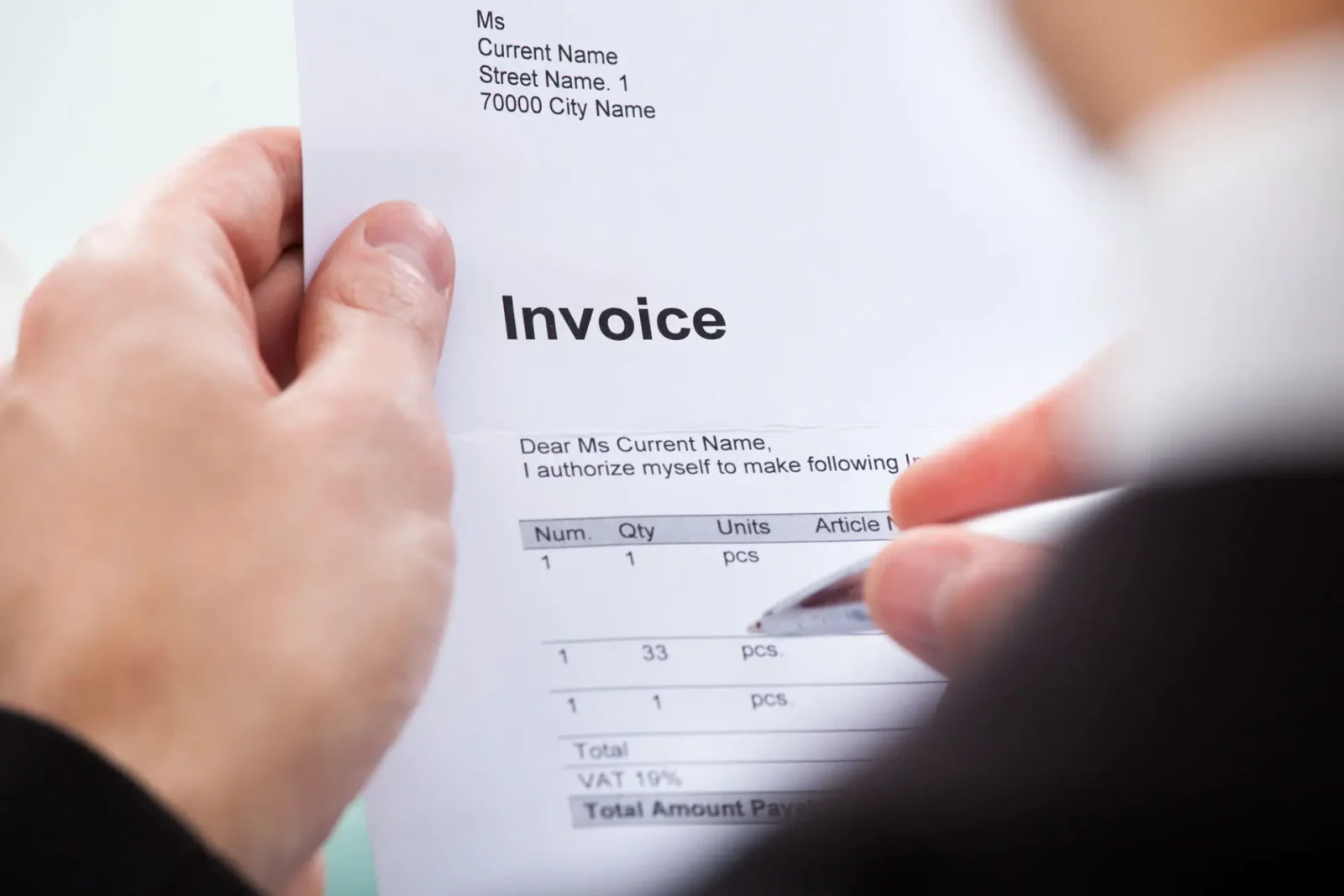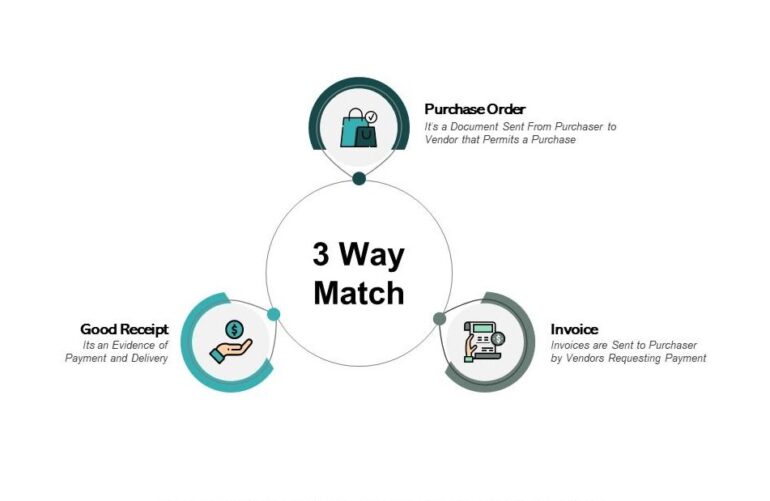In today’s fast-paced world of logistics and supply chain management, efficient invoice management is crucial for businesses to maintain profitability and stay competitive. Freight audit plays a pivotal role in this process, ensuring that shipping costs are accurate and in line with the agreed-upon rates.
To help you master the art of freight audit and streamline your invoice management, we’ve compiled some pro tips that can make a significant difference in your operations.
1. Automate Your Processes
Implementing automated freight audit software, such as “Ct Global Freight Audit,” can save time and reduce human error. These tools can verify invoices against contracts and tariff rates, flag discrepancies, and streamline the approval process. Automation not only speeds up invoice processing but also improves accuracy, helping you avoid costly billing errors.
2. Centralize Data and Documents
Create a centralized repository for all your shipping data and related documents. This not only facilitates easy access and retrieval but also ensures data consistency across your organization. With a centralized system, you can quickly locate invoices, contracts, and shipping records, making audits and dispute resolutions more efficient.
3. Standardize Invoice Formats

Work with your carriers to standardize invoice formats. This can make it easier to process invoices efficiently and reduce the need for manual data entry. Standardization simplifies data extraction and ensures that all invoices follow a consistent structure, making it easier to compare and analyze them.
4. Set Up Clear Contracts
Ensure that your carrier contracts are detailed and leave no room for ambiguity. Clear and concise terms can help prevent disputes and streamline the audit process. When both parties understand their responsibilities and obligations, there’s less room for billing discrepancies and disputes.
5. Regularly Review and Update Contracts
Shipping rates and terms change over time. Regularly review and update your carrier contracts to ensure that you’re receiving the best possible rates and service. Market conditions, fuel prices, and other factors can impact shipping costs, so staying current with your contracts is essential to optimizing your shipping expenses.
6. Use Key Performance Indicators (KPIs)
Establish KPIs to monitor carrier performance. Tracking metrics like on-time delivery, damage rates, and billing accuracy can help you identify areas for improvement and hold carriers accountable. KPIs provide valuable insights into your carriers’ performance and help you make informed decisions when selecting and negotiating contracts.
7. Employ a Three-Way Match

Implement a three-way match process that cross-references the purchase order, receipt of goods, and freight invoice. This helps catch discrepancies and ensures accurate billing. By comparing these three critical documents, you can identify discrepancies, such as incorrect quantities, pricing errors, or missing items, and address them promptly.
Conclusion
Efficient invoice management is not just a cost-saving measure; it’s a strategic advantage in today’s competitive business landscape. By implementing these pro tips for mastering freight audits, you can streamline your operations, reduce errors, and ultimately enhance your bottom line.
Whether you’re a small business or a large enterprise, optimizing your invoice management processes is a step toward greater efficiency and profitability in the world of logistics and supply chain management. Mastering freight audit is a journey that begins with recognizing its importance and implementing best practices that align with your organization’s specific needs and goals.

